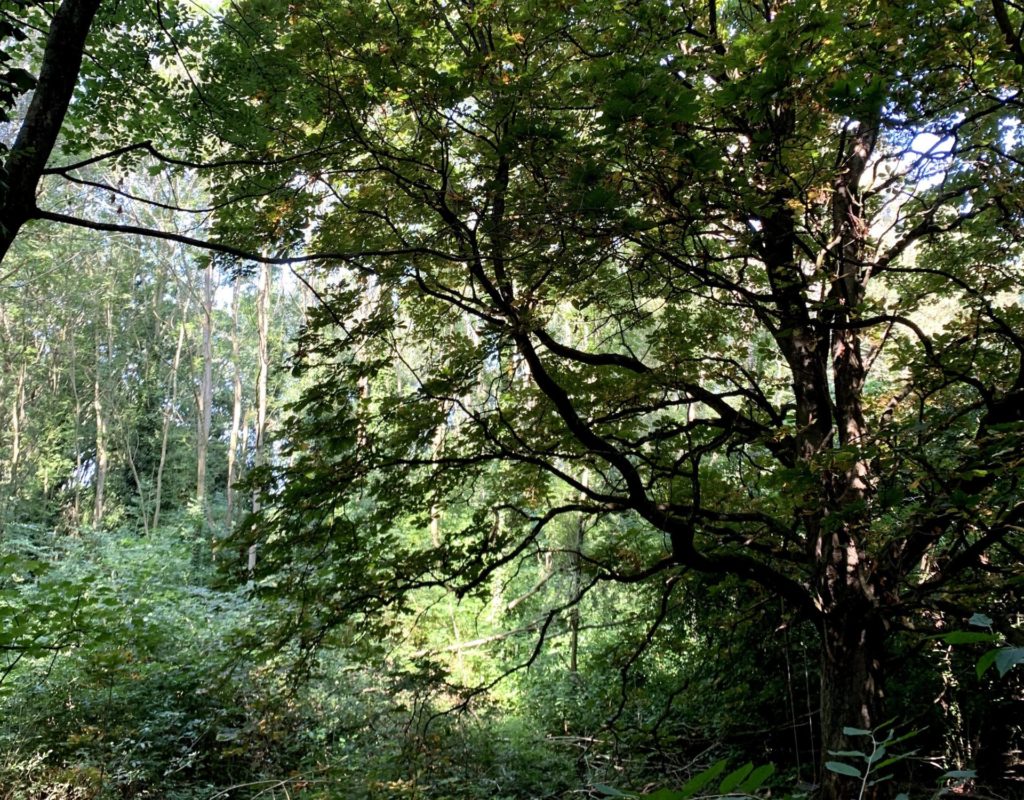The University of Ghent's (UGent) controversial request to cut down 4,100 square metres of the city's Sterrebos to build a student residence has officially been refused.
Following months of discussion, Flanders' Environment Minister Zuhal Demir has retracted the environmental permit for cutting down the Sterrebos, which was previously granted against the negative advice of the preservation organisation Natuur en Bos.
"Forests are sometimes big, but sometimes small in size, like the Sterrebos. But above all, they are great in what they do. They are a gift to people, animals and the climate and almost literally provide breathing space in the city," Demir said.
"This means that we must protect the greenery that is still there as much as possible so that our urban forests and trees can play their role as natural air conditioning to the maximum," she said.
The decision was welcomed by SterreBos Blijft, an organisation that has been fighting for the permit to be refused.
"We are very grateful that our call has been heard and that this beautiful piece of spontaneous nature has been spared from destruction. With this decision, Demir is going against the general political consensus, which so far has not attached any importance to smaller pieces of nature," the organisation stated.
Shortage of affordable student housing
Originally, the deforestation permit was issued by the province of East Flanders in July 2021, but an appeal was lodged by Agentschap Natuur en Bos, Natuurpunt, Bos+, vzw Bescherm de Bomen and a number of private people, including local residents, students and staff members of UGent.
UGent applied for the controversial permit as part of a larger redevelopment of their science campus, which called for a series of measures ranging from the building of a new student residence to the storage of hazardous substances and would require the cutting down of the forest – an area the size of a small football pitch.
At the time, Rik Van De Walle, UGent’s rector, said the shortage of affordable rooms in the city is the main reason for cutting down the forest, as the shortage of rooms is putting pressure on the housing market in Ghent. He said the expansion of affordable student housing meets an "urgent and explicit demand from students."
Related News
- Forest fires in Amazonian region trigger environmental alert in Colombia’s capital
- Streets around new BruCity to become greener and more bicycle friendly
However, Demir now rules that UGent does "not demonstrate that there are no alternatives in locations with little or no natural value," while taking into account the possible damage to the adjoining very valuable hay meadow. She stated that there is "avoidable nature damage."
"In times when researchers show that urban forests are very valuable in the fight against climate change, a university can play a pioneering role, especially when it comes to a valuable area for which there are possible alternatives," Demir concluded.
UGent will comply with the decision, but Van de Walle said he wants to take this opportunity to "once again plead for a joint approach to the student housing problem," according to VRT News.

